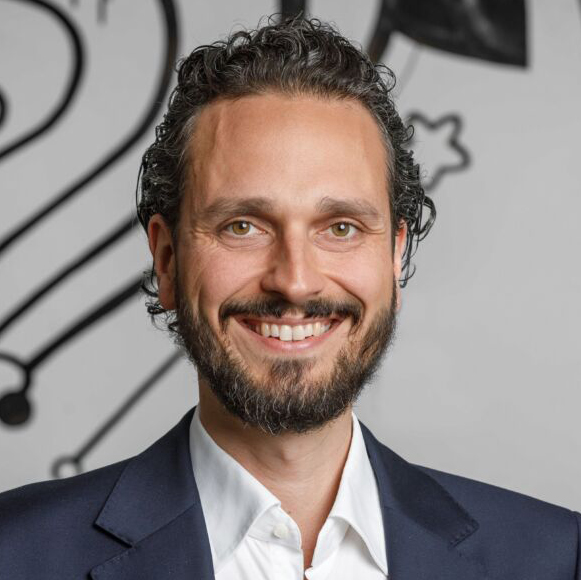TNO’s Smart Connected Supplier Network (SCSN) is up and running. 300 customers are currently using SCSN to build operational data spaces as a way of sharing data. Sovereignty is one of the key design principles here, fully supported by the IDSA. It’s all about trust, about the right people having access to the right data.
The European strategy for data highlights the importance of overall interoperability when it comes to data sharing. Our politicians should make sure it’s included among the conditions for any government funded project, Herman Pals from TNO stresses.
Interoperability goes beyond the sole technical aspect. It includes four levels:
- Tech interoperability (infrastructure, hardware and components)
- Semantic interoperability (understanding each other)
- Organizational interoperability
- Legal interoperability (what are the rules and who is accountable)
Transformation across borders and sectors
In the early 90s the Telecom industry showed us how it’s done. They organized interoperability on a large scale: Due to the strong standardization push we now have a worldwide cell phone system – the largest known network with 7 billion connected endpoints. To achieve such a transformation across borders and sectors, you need strong governance bodies and strict processes.
The Japanese company NTT’s Smart Data Platform “withTrust” is based on linking data to data owners and implementing features such as access control, usage history and data isolation. In October 2021, NTT launched an international cross industry data sharing testbed. International gateways and operating platforms are needed to connect these actors emphasizes Koki Mitani. First trials were started using the Smart Connected Supplier Network (SCSN). Several manufacturing companies were invited to these trials – now Japanese and Dutch factories are working together.
Shared, trusted space for transactions based on shared standards
The federal government in Germany defined a data space as a “shared, trusted space for transactions […] based on shared standards (or values, technologies, interfaces)”. Therefore, two parties in a transaction don’t have to necessarily trust each other but the data transaction itself. This is a profound transformation, a mindset shift. And now we are building the technology for it.
Telekom’s Digital Intelligent Hub (DIH) is a marketplace where one can discover, share and subscribe data along with some tools to prepare and organize the data offers. “As a service provider”, Dandan Wang from DIH explains, “our wish is to provide good and efficient services for the customers, but also want to ensure security for them.” One of the questions in this use case is how the customer’s identity can be recognized by external ecosystems such as mobility data space (MDS). DIH focus is to make possible that users can create data offers easily and possibly with no technical background.
Collaboration to connect different data spaces is needed globally for growth – no single country, community or company can overcome the challenges alone. Therefore, let’s use the four ‘S’ – stop silos and start sharing!
By the way, we will showcase a very convincing scenario for connecting data spaces at the Hannover Fair from May 30 to June 22. Get to our booth A17, hall 5, with our free visitor tickets!








